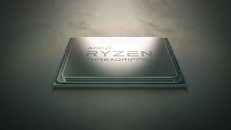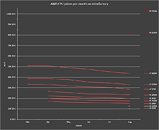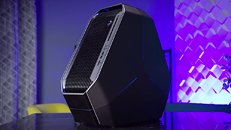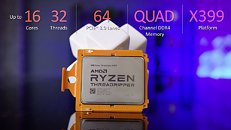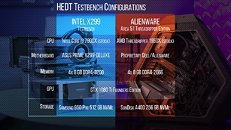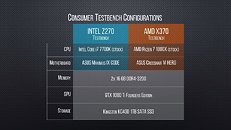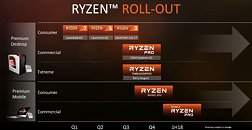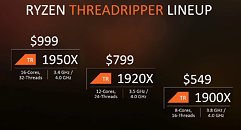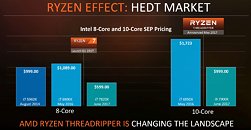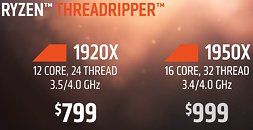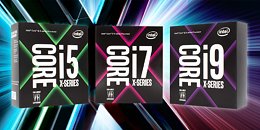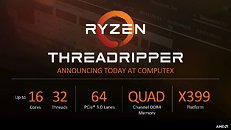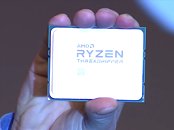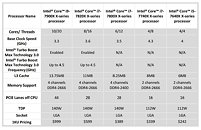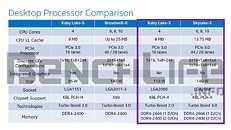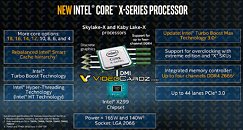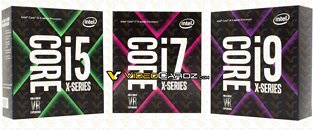
AMD Shows First Ryzen 7 7800X3D Game Benchmarks, Up To 24% Faster Than Core i9-13900K
AMD has finally released some of the official gaming benchmark for its 8-core Ryzen 7 7800X3D processor that should be coming in April, and, now that AMD has released some of the first gaming benchmarks, it appears that it outperforms the Intel Core i9-13900K by up to 24 percent. Officially, AMD is putting the Ryzen 7 7800X3D against the Intel Core i7-13700K, leaving the Core i9-13900K and the Core i9-13900KS to its 16- and 12-core Ryzen 7000X3D SKUs.
Although some of its Ryzen 7000X3D series chips are available as of February 28th, namely the Ryzen 9 7950X3D and the Ryzen 9 7900X3D, AMD has pushed back the launch of its 8-core/16-thread Ryzen 7 7800X3D. This was quite a surprise and a big letdown, especially due to its tempting $449 price tag. One of the reasons might be the fact that the Ryzen 7 7800X3D is simply too good and might put a lot of pressure on even AMD's own SKUs, let alone Intel's lineup.
Although some of its Ryzen 7000X3D series chips are available as of February 28th, namely the Ryzen 9 7950X3D and the Ryzen 9 7900X3D, AMD has pushed back the launch of its 8-core/16-thread Ryzen 7 7800X3D. This was quite a surprise and a big letdown, especially due to its tempting $449 price tag. One of the reasons might be the fact that the Ryzen 7 7800X3D is simply too good and might put a lot of pressure on even AMD's own SKUs, let alone Intel's lineup.

















